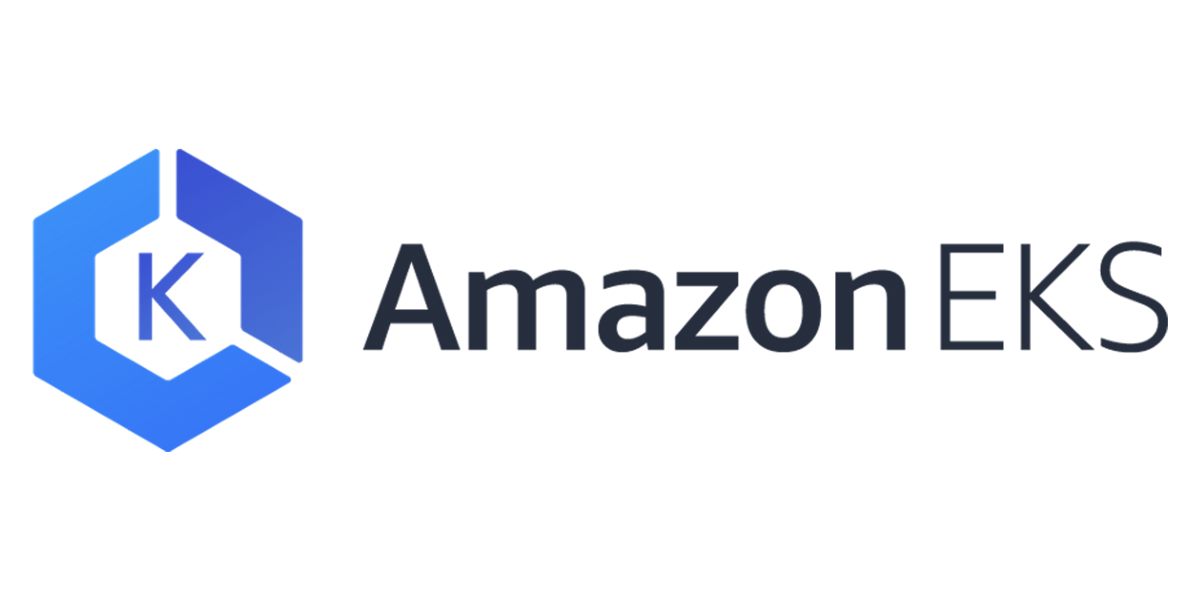ECS vs EKS: Which of the container services do you need?
February 27, 2023
Table of contents
Quick Access

One of the most used tools by developers and engineers are containers or storage. In Acquia they offer this definition "Containers as a service (CaaS) is a cloud-based service that allows software developers and IT departments to load, organize, run, scale and manage containers through the use of virtualization based on containers”.
Among the most popular are Amazon Elastic Container Service and Elastic Kubernetes Service.
What is Amazon Elastic Container Service, or ECS?
Among the services offered within Amazon Web Services, there is one that is ideal for all developers looking for a powerful and feature-rich containerized storage tool: ECS.
In their official documentation they define it this way "Amazon Elastic Container Service (Amazon ECS) is a fully managed container orchestration service that helps you easily deploy, manage, and scale containerized applications."
ECS has key features that make it stand out from other container tools, such as:
- It allows you to use AWS Fargate and thus not need a server. AWS Fargate offers the user the option of not managing the schedule or isolating workloads from containers. Fargate is a tool for managing aspects of workload infrastructure management, plus it works for scheduling the placement of containers in your cluster.
- An external instance option with ECS Anywhere. With ECS Anywhere, you can use the Amazon ECS console and the AWS CLI to manage your on-premises container workloads.
- You can use Amazon EC2. This gives you access to the Amazon ECS console and the AWS CLI to manage your EC2 instances.
- It is integrated with AWS Identify and Access Management.
- Orchestration of AWS managed containers.
- It offers continuous integration and continuous deployment features, a common process in Docker container-based microservices architectures.
- Support for service discovery. This is a key component of most distributed systems and service-oriented architectures. With service discovery, your microservice components are automatically discovered as they are created and terminated on a given infrastructure.
- Support for sending your container instance log information to CloudWatch Logs. After you send this information to Amazon CloudWatch, you can view the logs for your container instances in one convenient location. This prevents your container logs from taking up disk space on your container instances.

What is Elastic Kubernetes Service
Amazon EKS is an AWS service that makes it possible to use and run kubernetes in the Amazon Web Service cloud. Developed by Google and later donated to the Cloud Native Computing Foundation, Kubernetes is a portable, extensible, and open source platform for managing containerized workloads and services that operates at the container level. Some of the most recognized Kubernetes technologies are Amazon, Azure, Digital Ocean, Google Kubernetes Engine (GKE), and Red Hat. Kubernetes can meet your technology needs if your application uses a microservice architecture, suffers from slow development and deployment, or is looking to reduce infrastructure costs.
EKS on Amazon, as its official documentation puts it, “automatically manages the availability and scalability of Kubernetes control plane nodes responsible for scheduling containers, managing application availability, storing cluster data, and other key tasks.”
Amazon EKS Features
- Among the main functions of Amazon EKS stands out the possibility of running kubernetes applications on Amazon EC2 and on AWS Fargate, as well as on Amazon Elastic Compute Cloud.
- Amazon EKS is a useful tool to take advantage of all the performance, scalability, availability and reliability of the AWS infrastructure, in addition to having integrations to the AWS network and security.
- It works with load balancers to distribute the load effectively, also enabling AWS identity and access services.
- It has management integration with access control and compatibility with AWS Private Cloud.
Main differences between ECS and EKS
In theory, both Amazon Elastic Container Service and Elastic Kubernetes Service have the same function: to run containerized applications, but because they are different technologies they have aspects that each do something different for their users.
ECS, or Elastic Container Service, is known for running applications on clusters of EC2 instances, as well as deploying, scaling (up and down), and providing full application management across containers.
For its part, EKS, or Elastic Kubernetes Service, runs applications in containers, but through the orchestration and management of kubernetes on AWS. Amazon makes use of EKS to manage the kubernetes deployment.
In an article published by the specialized portal Techtarget, they compare both technologies and comment “In general, ECS is the easiest way to implement containers on AWS. Unlike EKS, it doesn't require you to understand the intricacies of Kubernetes. It doesn't rely on native Kubernetes tools to manage configurations, such as those that govern users and roles. With ECS, administrators deploy containers and use AWS native tools, such as the AWS Identity and Access Management framework, to manage the environment.”
At Rootstack we have experience in the application of both technologies to help you in the technological project that your company needs. Do not hesitate to contact us to talk about our experience and how we can help you.
We recommend you on video
Related Blogs
Free Magento Commerce Features for an Online Store

How to use chatbots for e-commerce?

Which API is best for Android App Development Services

How to automate processes with Odoo software
What programming language is used with React Native?


